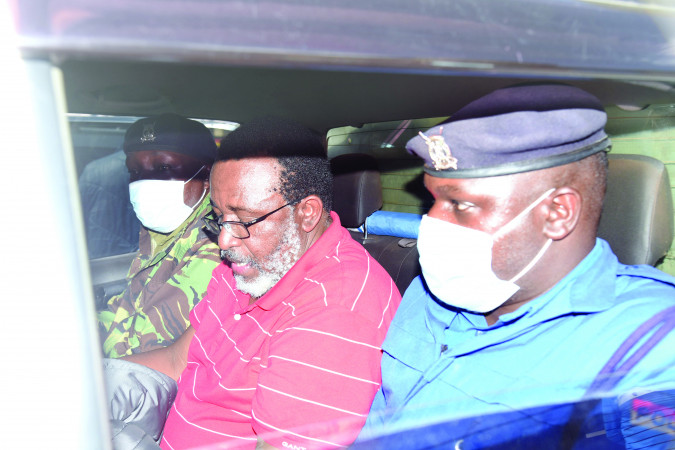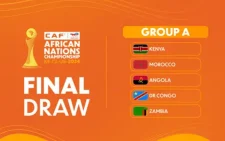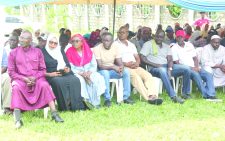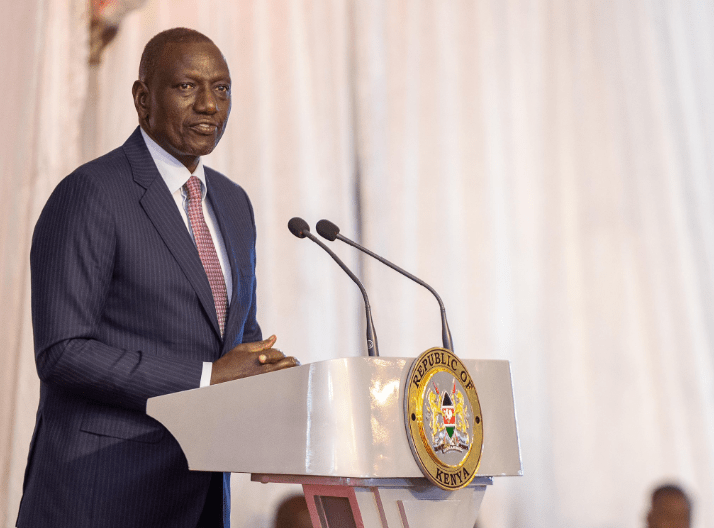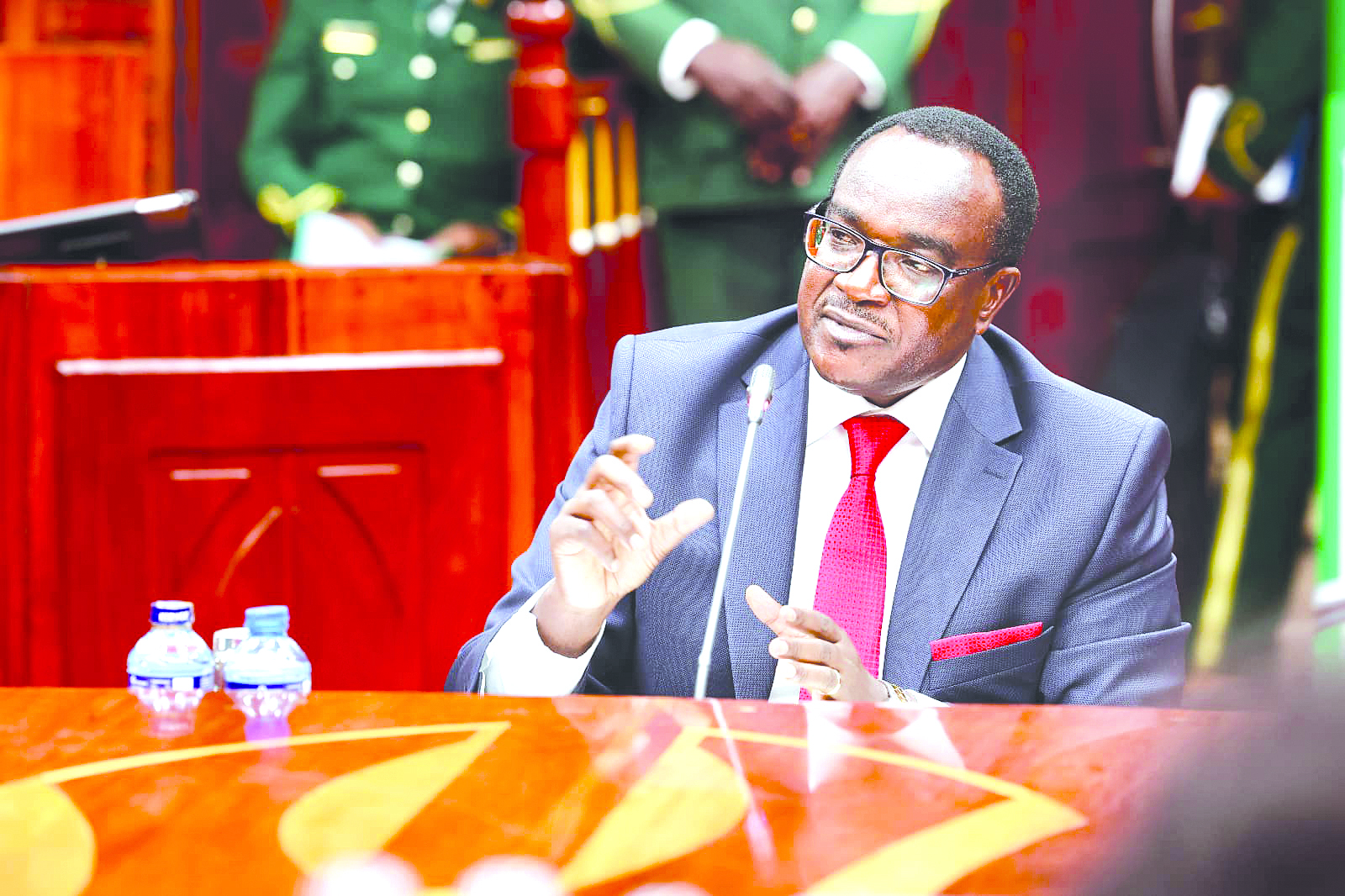2022 Campaigns: Hatemongering evokes memory of negative ethnicity
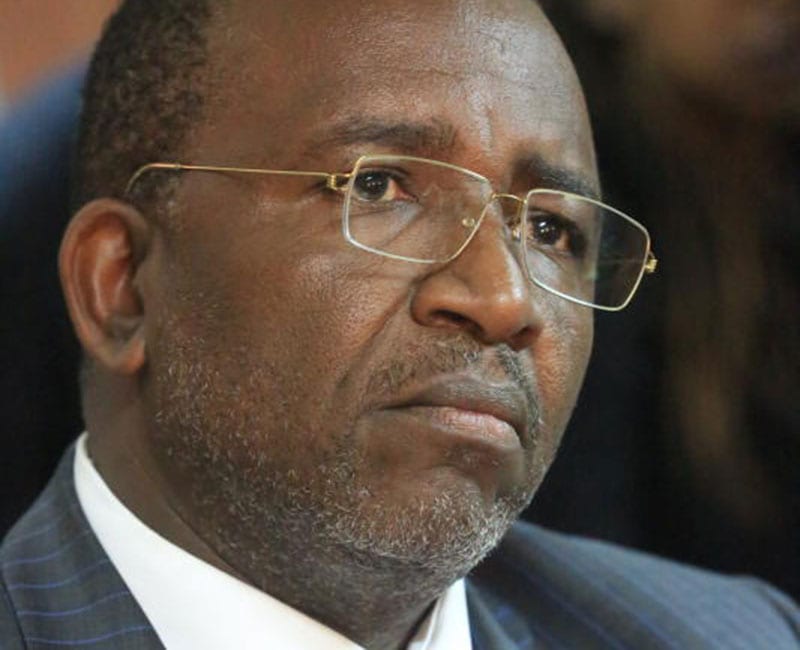
Campaigns for the 2022 presidential election are gaining momentum, with contenders engaging in turf wars to secure votes.
Consequently, political temperatures are rising, the contest so protracted that the spectre of hate speech triggered by Meru Senator Mithika Linturi’s “madoadoa” statement has evoked tragic memories of the 2008 post-election violence.
Kenyans still vividly remember the violence, killings and evictions inspired by ethnic cleansing following the disputed 2007 elections.
It required the African Union, United Nations and Kenya’s bilateral partners for sanity to be restored.
Linturi’s remarks before a mammoth crowd at Deputy President William Ruto’s home turf of Uasin Gishu demonstrate the fear and aversion the nation and its citizens have for dangerous, exclusionist ethnic-driven political utterances.
Though Linturi and the DP belatedly apologised for the remarks, the damage had already been done.
Ethnicity and national cohesion remain critical factors in this year’s election, with political parties grounded in ethnic strongholds.
Ruto’s often repeated assertions that UDA is a national party ring hollow, since the massive crowd of his home supporters responded enthusiastically with a roaring approval of the Meru senator’s incendiary tongue.
Campaign rallies have become the platforms where strong language and derision is thriving, as irascible politicians seek to score points against rivals, even if it means distorting facts or spewing falsehoods.
Such leaders are reminded of the passage Mathew 7:5 in the Bible which states: “You hypocrite! First remove the beam out of your own eye, and then you can see clearly to remove the speck out of your brother’s eye.”
It does not help that the majority in the crowds attending the campaign rallies are gullible, excitable youth susceptible to sweeping idealistic promises made by aggressive, bitter, self-entitled contenders.
However, leaders using innuendos and denigrating language better be prepared to face scrutiny and moral probity as rivals dig up the dirt and shake out skeletons from the cupboard.
Reform-minded journalists, commentators, photographers and cartoonists are crafting narratives depicting corrupt or immoral leaders and institutions, mirroring the “muckraking journalism” in the US in the 1890s to 1920s.
Investigative or watchdog journalism is indispensable to the well-being of society and national cohesion, assuming significantly greater importance as Kenyans head towards this year’s crucial election.
Journalists must dig deep for the facts, take on arrogant political heavyweights and machines, raising public awareness and anger at cleverly couched lies, poverty, unemployment and negative ethnicity that bedevil our nation.
These are the core issues that the top contenders should consider as they fine-tune their campaign manifestos.
Banishing the ghost of negative ethnicity in the political domain has proved to be biggest stumbling block to nationhood.
The major political question gaining currency that cannot be swept under the carpet any more demands a simple answer, as it will prove to be one of the key determinants of the outcome of the election:
Are Kenyans in a nation of 42-plus ethnic communities ready to elect a president from a community other than from the two that have led the country since independence?
While this question will be answered at the ballot, it remains a salient albeit muted feature of these election campaigns.
It will not be answered by mere campaign rally rhetoric branding rivals as promoting “tribal politics”.
Nor will the question’s implications be sanitized by false insinuations that yours is the only national political party and others are not. Let the truth set us free. — [email protected]
